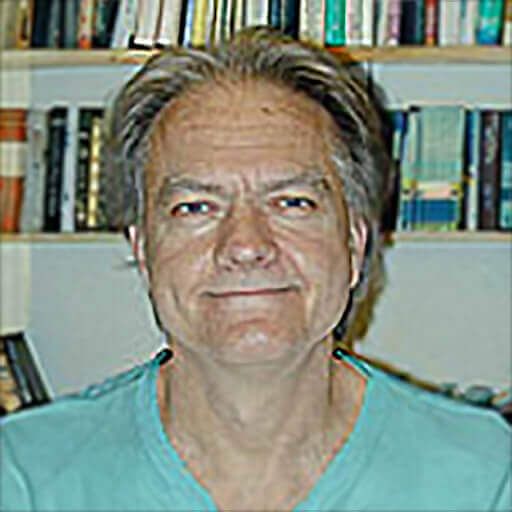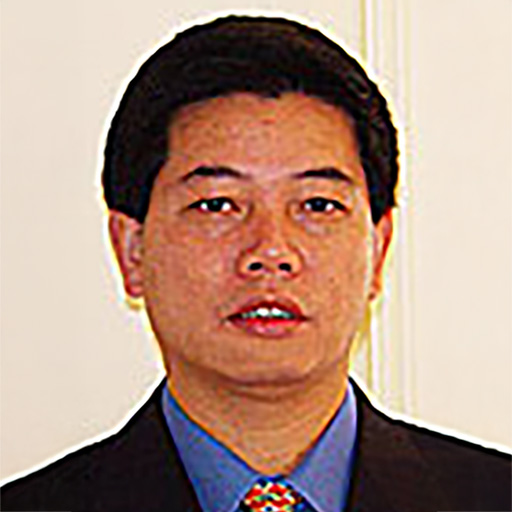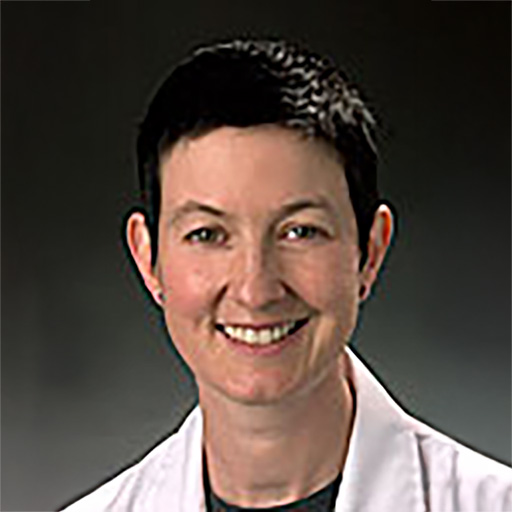Interaction of Diet and Genotype in AMD Pathogenesis
About the Research Project
Program
Award Type
Standard
Award Amount
$100,000
Active Dates
April 01, 2007 - March 31, 2009
Grant ID
M2007097
Goals
This study aims to develop a robust early-onset mouse model of AMD for therapeutic testing. These experiments also provide insight into how diet interacts with predisposing genetic burden to create AMD pathology. Understanding these relationships will enhance the capacity of clinicians to counsel at-risk patients.
Summary
Age-related macular degeneration is the predominant cause of vision loss in adults over 65. There is no single cause for this disease, and it results from complex interactions of genetic predisposition and environmental influences. Consequently, it is difficult to predict and treat. The lack of effective treatment stems from both the complexity of the disease and the lack of good animal models to study it. We have been able to obtain a mouse model that carries a mutation in an important macular degeneration gene – Factor H. Using this mouse as the basis of our experiments, we will superimpose additional mutations (ApoE and CCr2) and environmental conditions (high-fat diet). We expect that these interventions hasten the onset of AMD in mice. We will also determine whether mice carrying a mutation in Tlr4, a gene that has recently been associated with AMD, develop AMD-like lesions after normal or high-fat feeding. This intends to develop a robust early-onset mouse model of AMD for therapeutic testing. These experiments also provide insight into how diet interacts with predisposing genetic burden to create AMD pathology. Understanding these relationships will enhance the capacity of the clinician to council at-risk patients.
Grants
Related Grants
Macular Degeneration Research
Retinal Stem Cells for Transplantation in Macular Degeneration
Active Dates
April 01, 2008 - March 31, 2010

Principal Investigator
Derek Van Der Kooy, PhD
Retinal Stem Cells for Transplantation in Macular Degeneration
Active Dates
April 01, 2008 - March 31, 2010

Principal Investigator
Derek Van Der Kooy, PhD
Macular Degeneration Research
The Gene Structure of ARMS2/LOC387715 and Its Expression in Human Eyes
Active Dates
April 01, 2008 - April 30, 2009

Principal Investigator
Dequan Chen, PhD
The Gene Structure of ARMS2/LOC387715 and Its Expression in Human Eyes
Active Dates
April 01, 2008 - April 30, 2009

Principal Investigator
Dequan Chen, PhD
Macular Degeneration Research
Novel Molecular Regulators of Choroidal Neovascularization in Age-Related Macular Degeneration
Active Dates
April 01, 2008 - June 29, 2010

Principal Investigator
Justine Smith, MD, PhD
Novel Molecular Regulators of Choroidal Neovascularization in Age-Related Macular Degeneration
Active Dates
April 01, 2008 - June 29, 2010

Principal Investigator
Justine Smith, MD, PhD



